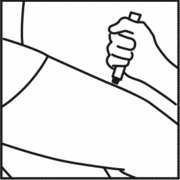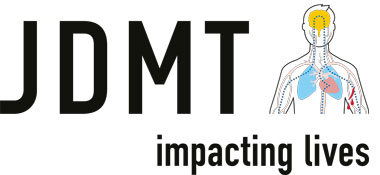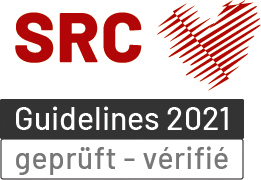Allergies
20 to 25 % of all children suffer from allergies, with the tendency rising. It is important that persons working with children are informed about their known allergies. Allergic reactions can occur in response to a wide variety of allergens including food, pollen or insect poison, and present symptoms of varying severity. If a child is known to have a severe reaction, the child is likely to carry the appropriate emergency medicine.
Symptoms are
- Reddening and itching of the skin
- Swelling of skin and mucosa (particularly of the lips and tongue)
- Stomach ache, nausea, vomiting, diarrhoea
- Breathing difficulties, coughing fits
- Dizziness, altered states of consciousness (leading up to, and including, unconsciousness)
- Circulatory failure
First Aid Measures
- Quickly dial the emergency number 144 (even with minor symptoms)
- Lay the child down (with elevated torso in case of breathing difficulties)
- Apply emergency medicine at an early stage (asthma inhaler, Epipen etc.)
- Unconscious child with normal breathing: place on the side in a lateral security position
- Infant with normal breathing: prone position (on the stomach), angled, slightly extended head
- Continuous monitoring of breathing
- In case of interruption of breathing: immediately start cardiopulmonary resuscitation
Also Note
Predicting the severity of an allergic reaction is very hard to do based on initial symptoms.
The EpiPen is administred in the thigh. The site of puncture for the Epipen can be clothed.









